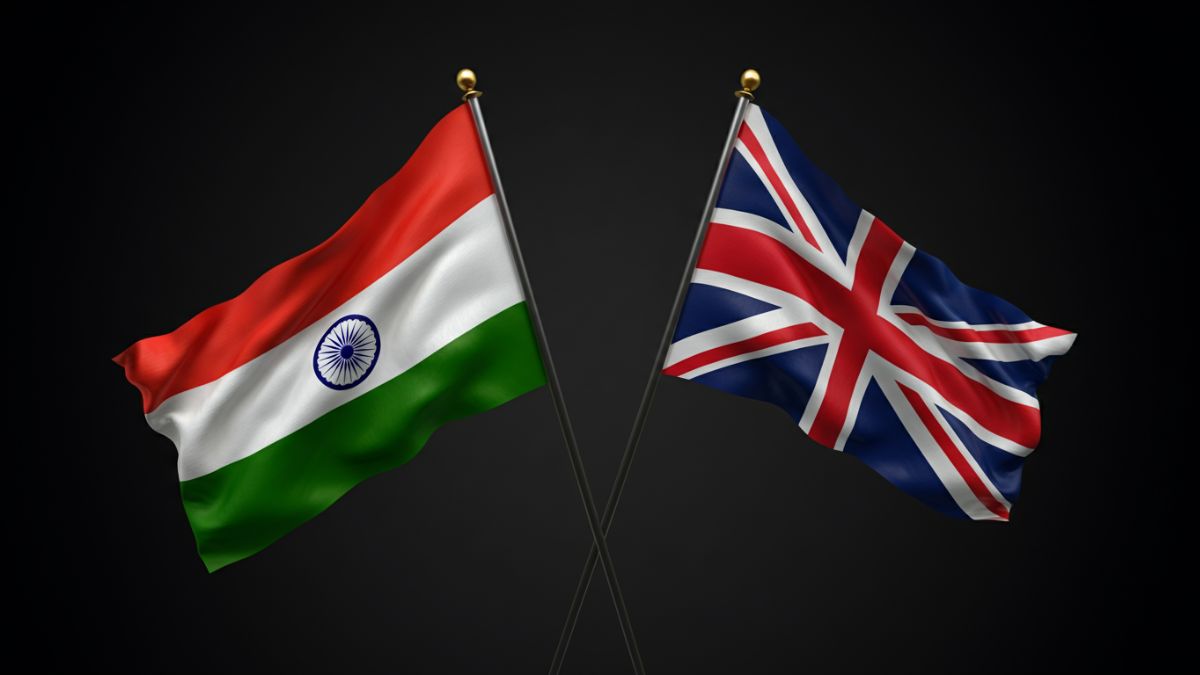Not everybody loves the India-UK FTA. This is why
 Representational photo | AI-generated image
Representational photo | AI-generated image
‘Historic.’ ‘Landmark.’ ‘Fantastic’. ‘Good for all.’ ‘Transformative’. There was no shortage of superlatives when India and the United Kingdom announced they had reached a free trade agreement, back on May 6 this year.
This week, once the Union cabinet ratifies it, Prime Minister Narendra Modi will fly to London to sign the FTA into effect, along with British Prime Minister Keir Starmer.
But at least one of those terms, the one that went ‘good for all’, used by UK secretary of state for international trade Nigel Huddleston, may just be a bit off the mark, as it turns out.
There has been an uproar in the British isles over some of the provisions, especially the one that now exempts Indian workers from paying insurance. Meanwhile, in New Delhi, there is worry over how giving British entities access to Indian government contracts will play out when it comes to the country’s small businesses.
Initially, there was jubilation when the deal was announced. “The agreement is notably comprehensive, covering tariff reductions on 99 per cent of India’s exports to the UK (and) will benefit sectors like textile, leather, engineering goods, toys, electric vehicles and other manufactured products,” said Anurag Sehgal, principal, Price Waterhouse & Co LLP, adding, “Also, Indian consumers can now access UK products like whisky, cars and some food items.”
But then came grumblings ringing loud and clear. In Britain, it primarily stemmed from the provision which exempts Indians working in the UK for up to three years not needing to pay for insurance. While there is a reciprocal relaxation for Brits coming to work in India, the consternation was expressed obviously in the UK, considering that it would make 20,000 Indians or so on short-term work visas more attractive for employment compared to native Britons, since the employer would not need to pay the insurance tax, which incidentally was just raised this year. It did not help that a boastful Indian government statement said the concession was “an unprecedented achievement” and that it would make Indians in the UK more “competitive”, leading to opposition Conservatives being at the forefront of raising the issue.
The Labour government’s business secretary Jonathan Reynolds has said that the tax outgo due to this was less than a 10th of the additional one billion in additional tax revenue the FTA was expected to bring. And what’s the big deal, with The UK already has a similar ‘double contribution convention’ with more than 50 countries, including the US and Canada.
But back here in India, there is equal, if not more, concern, over the opening up of government procurement to British entities. Many worry this would impact Indian contractors and traders in the MSME sector. It has also been pointed out that Indian businesses would not get a similar access to the UK’s procurement markets.
In the end, any deal is a give-and-take — India wanted more visas, which it did not get. The UK wanted more access for legal, financial and digital services, which they did not get. India may still have a concern on ‘rule of origin’ which could help non-UK made goods entering the country at lower duties, while UK has concern over India’s sustainability practices.
In the end, both nations decided to go forward with what they have got instead of waiting further, especially considering the uncertainty all over the world over trade, what with Donald Trump’s tariff tantrums. “With the extensive scope of the FTA, it is anticipated to play out interestingly for both the countries. Specifically, for India, where this comprehensive FTA is expected to be the template for future trade deals, particularly the upcoming one with the EU,” said Sehgal.
Business